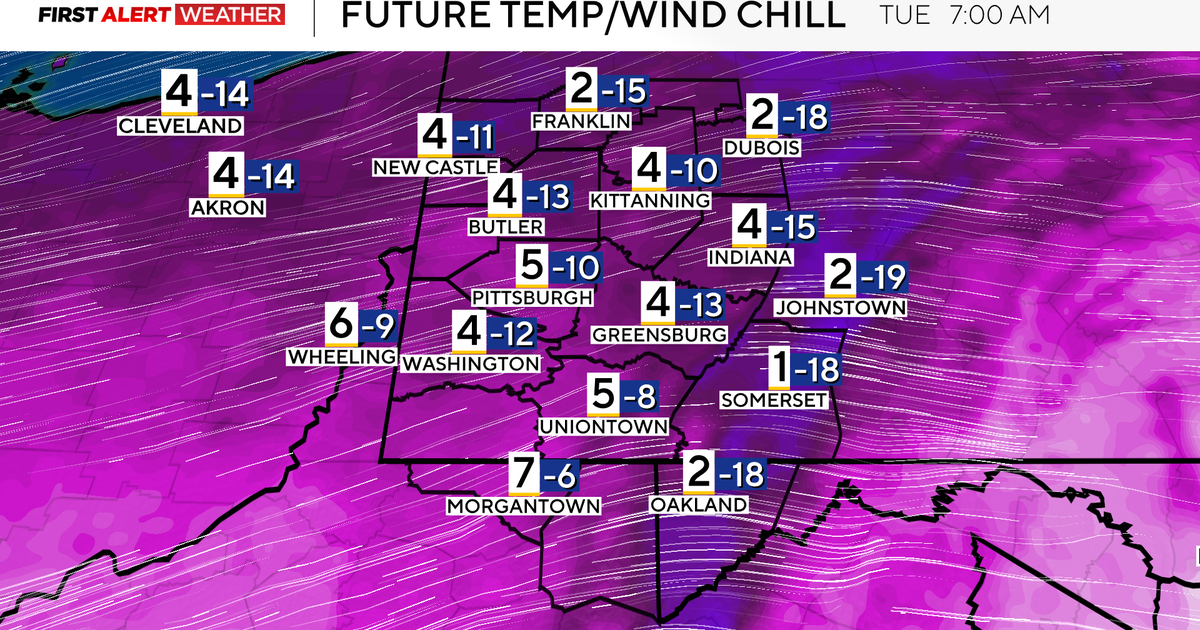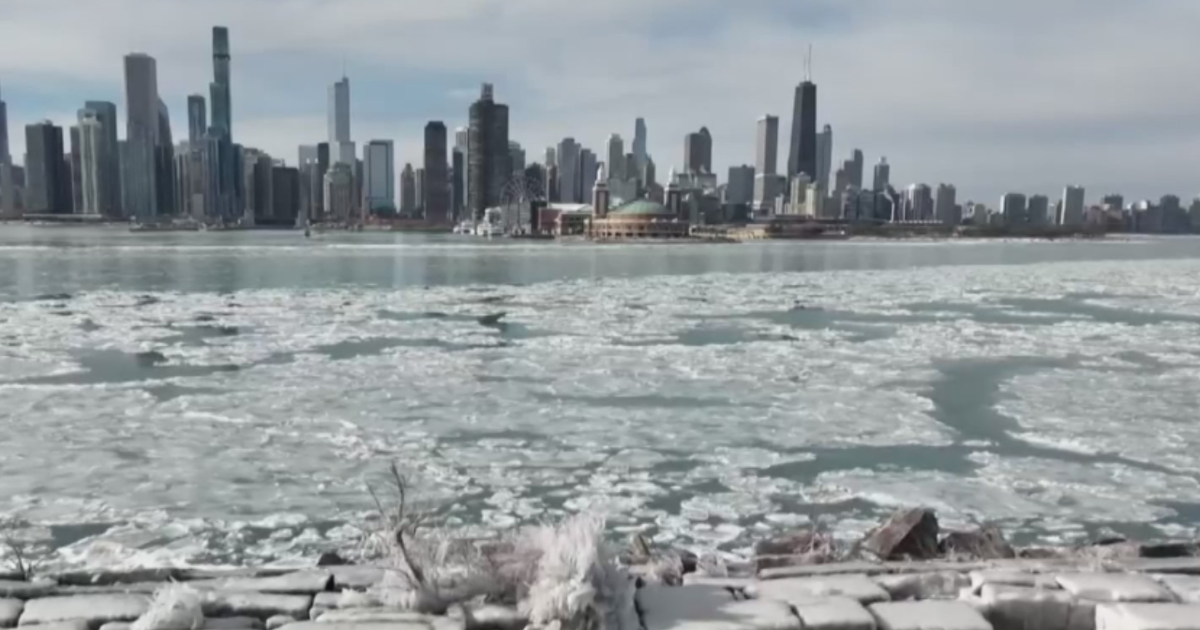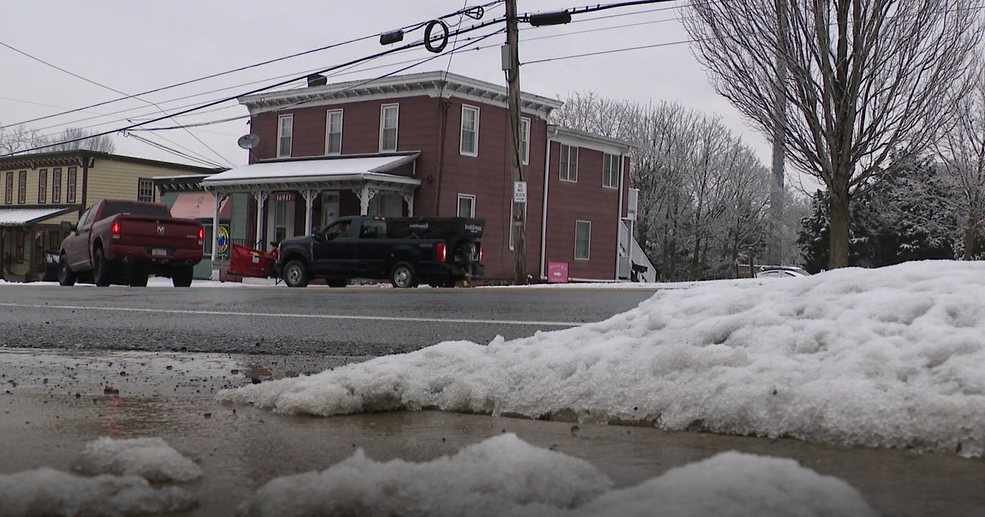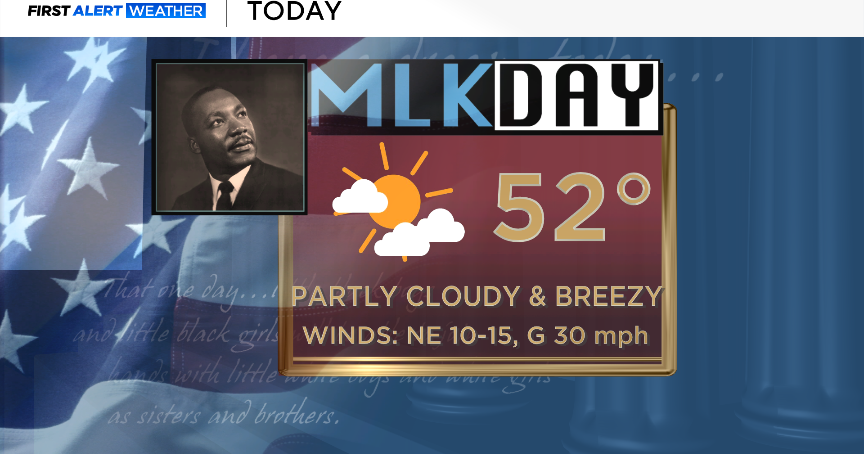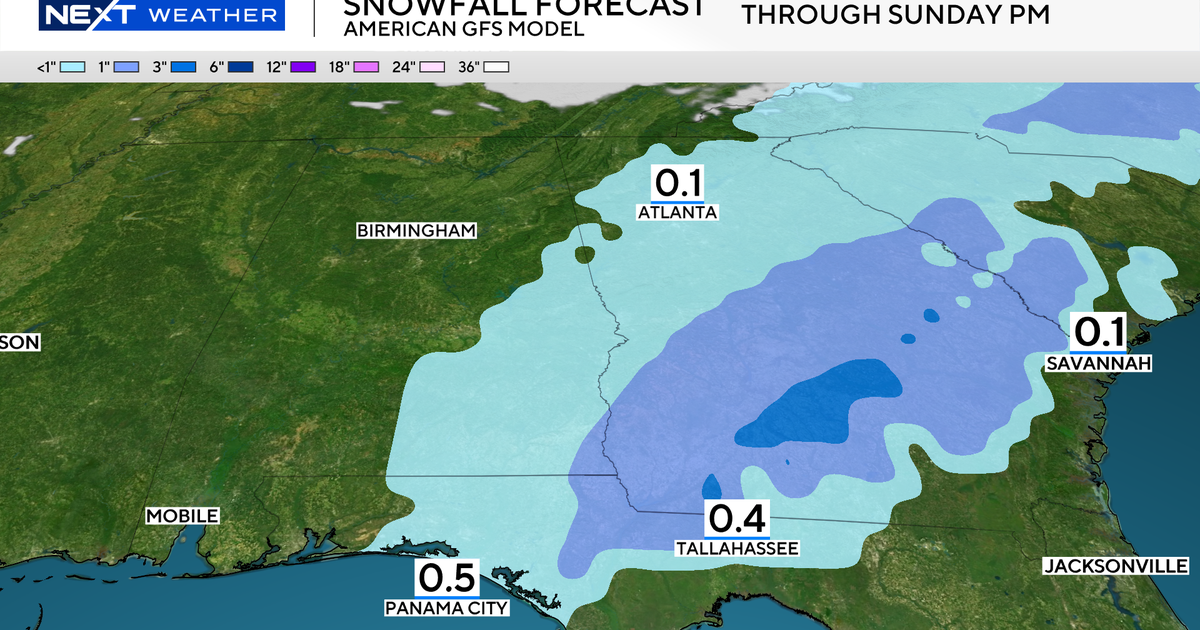Doctor explains what frigid weather conditions could do to the human body
"It feels like negative a thousand," said 13-year-old Aubrey Watson, on her way to see "The Nutcracker" with her family Wednesday night.
Temperatures in Denver plummeted more than 50 degrees and some were caught without the proper clothing.
"It's kind of what I was thinking, that I'd be alright," said her father, Matt. They walked close to six blocks to the DCPA.
Humans can endure cold for a little bit, just not a lot.
"We are not well adapted for weather like we're all currently experiencing right now," said Dr. Ben Usatch, medical director for UCHealth at Highlands Ranch emergency department. He is also medical director for Eldora Ski Patrol.
"We have happy zones, called the thermos-neutral zone. It's anywhere from 97.7 to 99.5 and our body will do everything in its ability by heat loss and heat production to just maintain that happy spot," he explained.
In the cold that can be contracting blood vessels. The hypothalamus in the brain likes to keep things steady.
"What it's going to end up doing, is it's going to tell the body 'hey, I want to constrict the blood vessels on the outside. I want the extremities to constrict so I can preserve that blood to the core.' And pull that blood to the inside," Usatch said.
With the blood flooding into the body, things get tighter. People can seek out a bathroom as the kidneys are getting more blood flow. That means less blood flow to the extremities. When we grow cold, the body tries to make its own heat.
"So, that's when we end up with that shivering mechanism," Usatch said.
If the body drops below 85 degrees that can lead to unconsciousness. The heart can slow and without warm blood to the organs which is life-threatening.
Warm liquids help in cold times says Usatch, but not all.
"You want to keep that core warm so you want warm fluids, probably not too much beer, not too much vodka," he said.
This may make holiday parties a little less fun, but safer.

